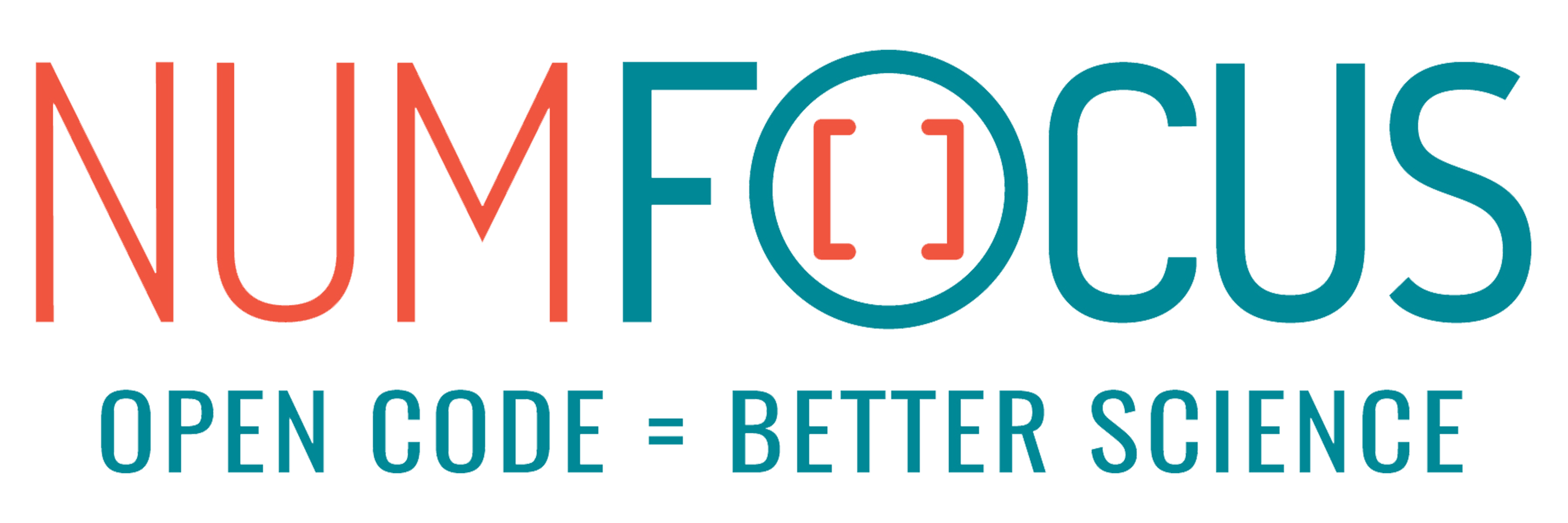wwt_data_formats/imageset.py: be less picky about WCS when we're TOAST |
||
|---|---|---|
| .config/cranko | ||
| ci | ||
| docs | ||
| wwt_data_formats | ||
| .coveragerc | ||
| .gitignore | ||
| .readthedocs.yaml | ||
| CHANGELOG.md | ||
| LICENSE | ||
| MANIFEST.in | ||
| README.md | ||
| RELEASE_PROCESS.md | ||
| pyproject.toml | ||
| setup.py | ||
README.md
WWT Data Formats
wwt_data_formats is a low-level Python package that interfaces with the various XML serialization formats used by WorldWide Telescope.
The WorldWide Telescope project uses an open governance model and is fiscally sponsored by NumFOCUS. Consider making a tax-deductible donation to help the project pay for developer time, professional services, travel, workshops, and a variety of other needs.
Installation
The easiest way to install wwt_data_formats is through pip:
pip install wwt_data_formats
Documentation, Examples, etc.
For documentation and examples, go to:
https://wwt-data-formats.readthedocs.io/
Contributions
Contributions to wwt_data_formats are welcome! See the WorldWide Telescope contributors’ guide for applicable information. We use a standard workflow with issues and pull requests. All participants in wwt_data_formats and the WWT communities must abide by the WWT Code of Conduct.
Release History
Releases of wwt_data_formats are logged in the file
CHANGELOG.md
on the release branch of this repository, as well as release listings
maintained by
GitHub and
PyPI.
Dependencies
wwt_data_formats is a Python package so, yes, Python is required.
- astropy is not a required dependency, but can be used
- beautifulsoup4 for the
wwtdatatool wtml reportcommand - pytest to run the test suite
- requests is always required (in princple it could be optional)
- traitlets is always required
Legalities
wwt_data_formats is copyright the .NET Foundation. It is licensed under the MIT License.
Acknowledgments
wwt_data_formats is part of the WorldWide Telescope system, a .NET Foundation project. Work on WWT has been supported by the American Astronomical Society (AAS), the US National Science Foundation (grants 1550701, 1642446, and 2004840), the Gordon and Betty Moore Foundation, and Microsoft.
